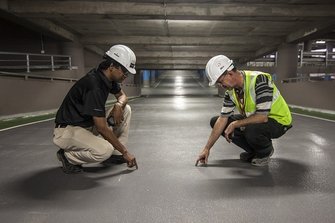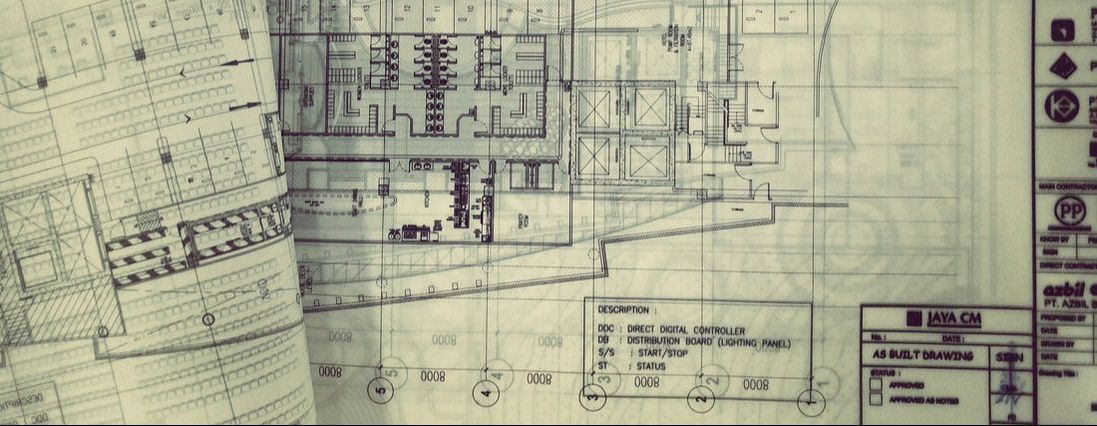|
The latest statistics released on the value of recorded building plans passed for the private sector in South Africa may indicate an economic shift to the south of the country, says Bert van den Heever, past president of the Association of South African Quantity Surveyors (ASAQS). Building plans passed are a strong indicator of the future health of the construction industry as a whole.
“The value of recorded building plans passed for the private sector – at current prices – decreased by 2,4% during January to August 2017 compared with the same period in 2016,” said Van den Heever. “Non-residential buildings fell by 14,3%, but additions and alterations rose by 7,4%.” According to Van den Heever it is expected that people try to mitigate risk during uncertain economic times by rather spending money on fixing up existing property than splashing out on new builds Although Gauteng remains the biggest contributor to the total value of building plans passed – with 37,5% of compared to the Western Cape's 25,1% – it also showed the largest negative swing when compared to last year's figures. The Western- and Eastern Cape however showed major increases in the value of projects at planning stage. The value of plans passed in the Western Cape rose by 9,7% compared to a year ago, and the Eastern Cape's figures increased by a staggering 53,5%. Deon van Zyl, chairman of the Western Cape Property Development Forum, cautions: "The reality is that our economic growth in the Western Cape is perhaps being driven more by semigration than by real new economic growth.” “At a medium and long term perspective I am concerned about the slow pace of new Environmental Impact Assessment (EIA) applications at a Provincial level. EIA applications tend to identify planned developments over five hectare in size as they trigger the National Environmental Management Act. We are not seeing a growth in new applications." "What is desperately needed is investment that will lead to job creation. Property development remains a bell weather industry reflecting the economy at a point in time. Investment is a direct response to confidence,” says Van Zyl. “The Provincial and local governments’ attempts to practice and reflect clean governance do assist in generating confidence in the Western Cape. What we desperately need is confidence in the country." Chris Steffen, ASAQS board member and director of Talani Quantity Surveyors in Cape Town says that although the migration to the Western Cape and shortage of housing has been driving growth, there are other factors such as the DAMS (Development Application and Management System) IT platform that could have played a role in the value of plans passed. The DAMS IT platform allows for online plans submission and processing has created greater efficiency. In addition, a recent bylaw change saw officials held accountable and kept to timelines for plans approvals. ENDS MEDIA CONTACT: Juanita Vorster, 079 523 8374, [email protected], www.atthatpoint.co.za For more information on ASAQS please visit: Website: www.asaqs.co.za Facebook: The Association of South African Quantity Surveyors
0 Comments
 There are some very good reasons why alternative building methods aren’t that feasible in the South African market. They can potentially be more expensive than traditional methods, don’t inspire customer trust and may not be as aesthetically pleasing. Alternative building methods also come with a hidden price tag that can impact on quality and finish. “There is a resistance to alternative methods in South Africa,” says Bert van den Heever, Immediate Past President of the Association of South African Quantity Surveyors (ASAQS). “Most of the alternative construction methods have concentrated on providing alternative walling and roofing systems, the two largest elements you see when looking at a building. “Trying to save money on walling using alternative building methods is sometimes a futile exercise as walling normally comes in at less than 10% of the total project cost,” van den Heever said. The use of clad walling systems has resulted in a negative perception in the lower end of the housing market called the Knock Factor Effect. People knock the walls, if they sound hollow they instantly perceive the build as not solid or secure. They want to solidity of brick – the traditional materials - over the perceived flimsiness of panels – the alternative ones.” In addition to the impact of perception, alternative building materials are not always readily available in South Africa and often have to be imported. This pins on a price tag that few can afford. As a result, there is some growth within the high-end market, but limited uptake in the lower end of the market. “The value of using alternative building methods is hard to quantify,” says van den Heever. “We can show a client how using method B compared to method A will affect costs and often the answer isn’t in favour of alternative solutions. What we do is look at is every aspect of the building and assess exactly what the costs are going to be from the start. We bring clarity – you may not like the answer, but you will know exactly where you stand.” Whether adopting alternative or investing in traditional, the method and materials of the build are not the questions that the customer should be asking. Instead, they should be looking at the impact of cost right from the planning stage of the project to ensure that every part of the project, from the meters to the materials, are assessed and evaluated. “People often complain that there are hidden costs in their build; that the project price is stacking up in spite of a clear quote at the start,” adds van den Heever. “That’s the pitfall that the quantity surveyor helps you avoid. We can put figures down that show you what you can get, from what you want, in the budget you have. You want to invest in alternative building methods? With that kind of clarity into spend and capability, you can, and you can do it without unpleasant surprises.” ENDS MEDIA CONTACT: Cathlen Fourie, 082 222 9198, [email protected], www.atthatpoint.co.za For more information on ASAQS please visit: Website: http://www.asaqs.co.za/ Facebook: The Association of South African Quantity Surveyors |
Archives
July 2024
Categories
All
|


 RSS Feed
RSS Feed